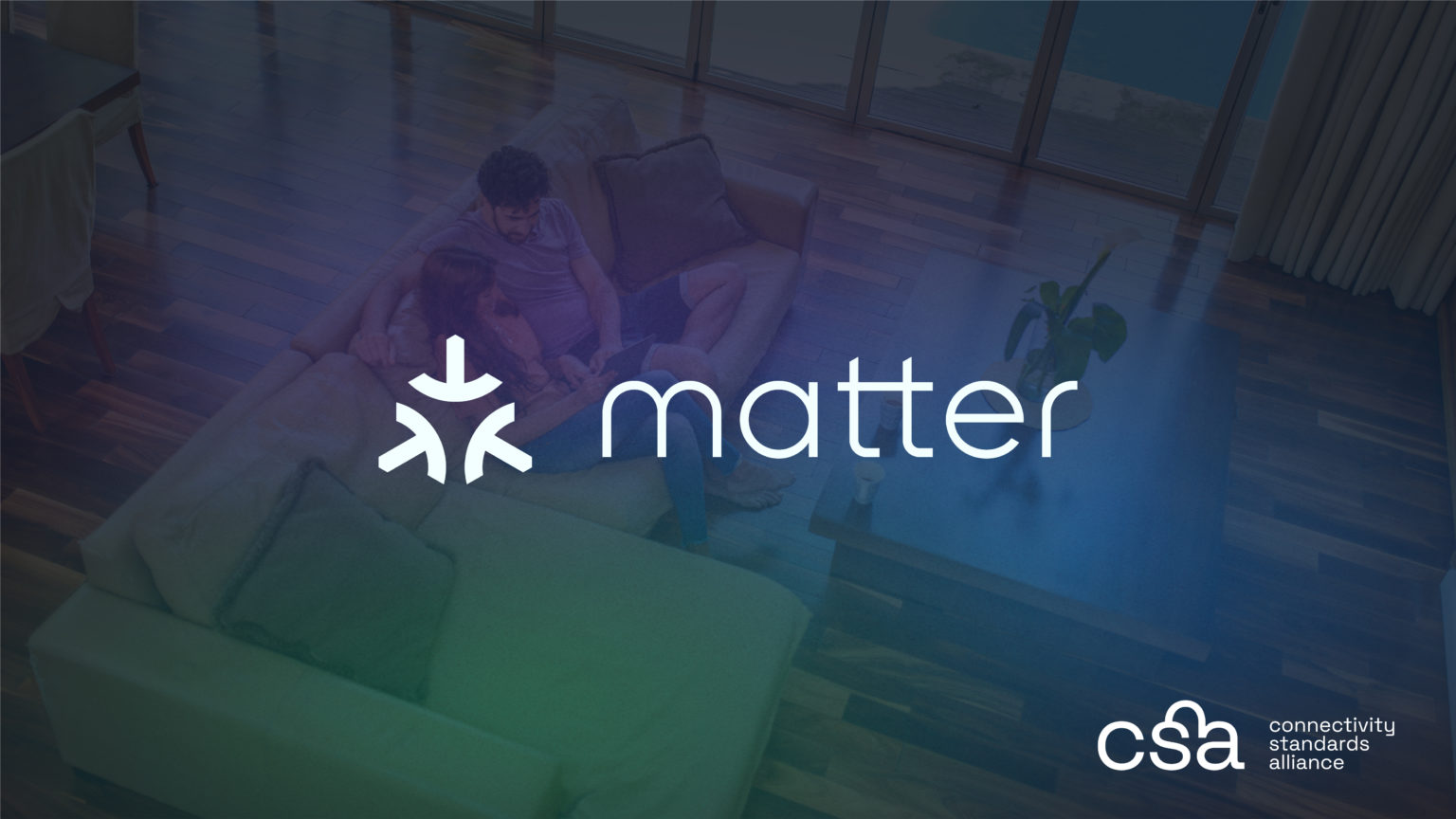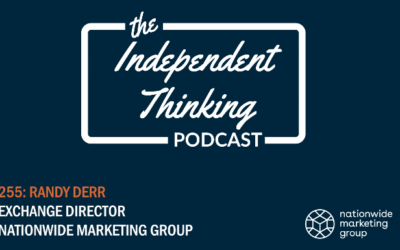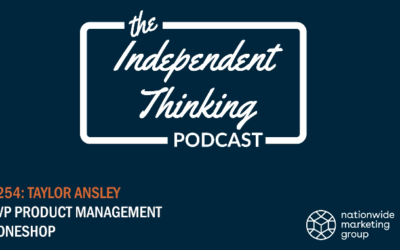There is a plethora of noise at a show like CES. Companies bring gadgets and concept products to this show that will ultimately never see the light of day. That’s what makes CES such an enticing and exciting show; you get up close with some insanely cool product and step foot into the perhaps not-so-distant future.
CES isn’t entirely vaporware, though. There are just as many ready-to-go gadgets, gizmos and technologies on display, and CES 2023 was chock full of them.
One technology that dominated the conversation and the show floor at this year’s event was something called Matter. Officially launched in November 2022, Matter is a smart home standard that was created by Project Connected Home Over IP. That standard is now maintained by the Connectivity Standards Alliance — formerly known as the Zigbee Alliance. Matter aims to address the biggest hurdle that remains in front of the smart home category and mass adoption by the consumer: interoperability.
Granted, it seems hard to call an industry that’s penetrated some 60 million homes in the U.S. one that’s fallen short of mass adoption. But the smart home market today still lacks a certain ease of use that would make the common consumer capable of navigating it own their own. Too often, the smart home today is disjointed, incapable of providing a seamless experience for the end user. Just think about the number of different apps you have to go into to control the smart devices in your home: one for the lights, one for the motorized shade, another for your wirelessly streaming music, yet another for the connected stove, one more for your thermostat, another for the smart plugs, and still another to check on your security system. Notice, we haven’t even touched on the voice control systems yet?
In order to achieve a certain degree of seamless smart home control today, consumers have limited options. One is to go the high-end route, bring in a custom integrator and fully commit to the connected home. The other, and most likely for the average consumer, is to attempt to cobble together devices that “play nice” with one another, and link them together through a centralized physical hub, a device akin to a router for the smart home.
Major players in the tech world have tried to make things easier — Apple with HomeKit, Amazon with Alexa, Google with their Home and even Samsung with SmartThings. But each experience still ends up falling short, and, ultimately, lacks the ability to adapt to the customer, which was the promise of the smart home to begin with.
Matter, as it stands, would eliminate the need for the physical hub or company-specific platforms. It cleans up the muddled mess that the smart home has become over time. And while it’s not quite at the level of a fully integrated home, it brings a better experience to a wider range of potential smart home consumers.
Where Matter separates itself from previous smart home protocols is that it has the widespread brand buy-in that the others couldn’t seem to achieve. Apple, Samsung, Google, Amazon, Comcast, LG — the list goes on — they’re all on board. And not only have those brands bought in, they showed at CES 2023 that they’re actively investing in products that apply the protocol and are ready to bring them to market.
That level of momentum is unlike anything the smart home market has seen.
It’s phenomenal news not only for the consumer, but for the retailers who sell those products. You now have a very streamlined story to tell your customers. The smart home doesn’t have to be confusing any more. You don’t have to pick one set of smart lightbulbs over the other because the platform you built your home around doesn’t “play nice” with certain products.
And, perhaps more importantly, Matter will create a safer smart home for the consumer. The less MacGyvering of the smart home a consumer has to do, the better. A system that’s pieced together and attempt to implement various different protocols and products makes it that much easier for bad actors to infiltrate. Matter promises to eliminate those gaps in security and keep the user’s system that much safer.
So while it feels like the smart home market has already taken off, retailers and consumers alike should view the launch of Matter as an opportunity to take the connected lifestyle to a whole ‘nother level.




